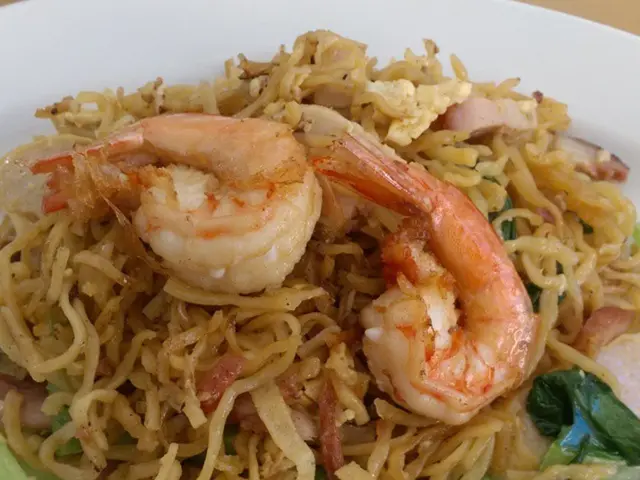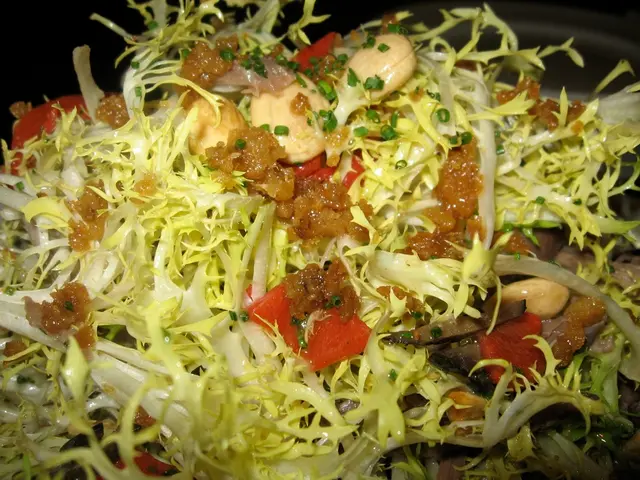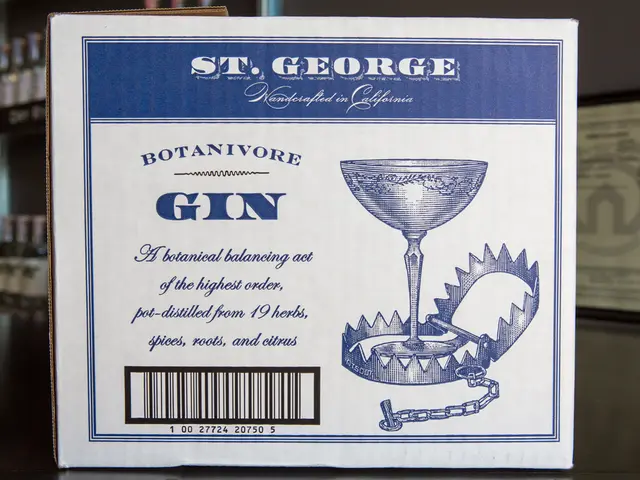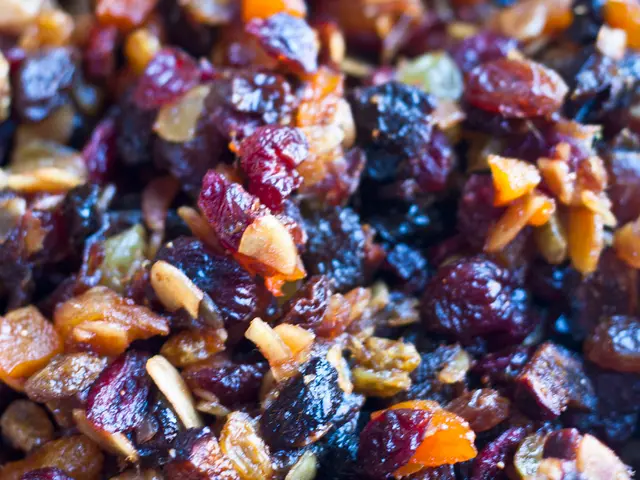"Stamped milk should not be consumed, as Roscontrol discovered it to be counterfeit"
Get the real deal: Don't be fooled by impostors in your milk aisle
Bottom line: Just because it says "natural" on the label, it might not always be the truth.
Recent investigations by Roskontrol, a consumer watchdog, have uncovered a shady practice among popular milk brands – they've been swapping out the good stuff for cheaper plant-based oils. Yikes! That's not milk, it's a fake! And it's no good for baking either – the quality is, well, questionable.
Here's the bad news:
- "36 kopeek" and "Chestnoe korov'e moloko" brands were busted with the addition of phytosterols, a telltale sign of plant-based fats.
- "Marusya" and "Kazhdyi den'" didn't pass the safety test.
But fear not, milk-buying parents! Experts have some recommendations for brands that don't take shortcuts:
- "Ekomilk" and "Selo Zelenoe" – these guys are plant-oil-free and passed safety tests.
- "Vkusnoteevo" (3.2% fat), "Prostokvashino" (3.4% - 4.5%), and "Moloko nashikh doiki" (2.5%) – these brands also escaped the plant-oil game, and passed antibiotic and preservative tests to match Russian standards (GOST).
So, if you want the real deal, not some cheap substitute, give the ingredients list a read. Price isn't everything; sometimes, cheaper isn't worth it. Sometimes, "cheap" just means a fake.
Now that you know where to look, make better choices for your family. Forget the counterfeits, and stick to the good stuff. May your fridge be flooded with the genuine, yumminess!
The Lowdown on Milk Safety in Russia:
- Roskontrol's Role – The watchdog consistently checks dairy products for safety compliance, including tests for plant-based fat adulteration (a common issue where cheaper vegetable oils replace milk fat).
- Historically Trusted Brands – Some brands have a track record of passing safety checks:
- Prostokvashino (commonly known for its natural composition and safety).
- Vkusnoteevo (consistently follows standards in some tests).
- Parmalat (pasteurized milk products require verification).
- Valio (Finnish brand available in Russia, though availability may vary post-2022).
- Local brands, like Molochnaya Kultura and Alelkino, have sometimes performed well regionally.
- Essential Checks – Always verify labels for:
- GOST R 52090-2003 (Russian standard for drinking milk).
- "Moloko" designation (legally requires 100% dairy content).
- Fat content that matches the label (plant fats reduce costs but violate standards).
The Scoop:
- Visit Roskontrol's website directly for up-to-date test results (roskontrol.ru).
- Avoid generic terms like "milk drink" or "bioproduct," which may indicate additives.
- Check batch dates – even reliable brands can have inconsistencies.
Note: Recent geopolitical events (post-2022 sanctions) may have influenced supply chains and quality controls. Always cross-reference with the latest data.
- Roskontrol, the consumer watchdog, has uncovered cases of milk adulteration, with popular brands substituting milk with cheaper plant-based oils.
- In their investigations, brands like "36 kopeek" and "Chestnoe korov'e moloko" were found to contain phytosterols, a clear sign of plant-based fats.
- "Marusya" and "Kazhdyi den'" were also found to be unsafe, failing the safety tests conducted by Roskontrol.
- To make better choices for health-and-wellness and food-and-drink, experts recommend brands like "Ekomilk" and "Selo Zelenoe", which are plant-oil-free and passed safety tests.
- For a genuine milk experience, it's crucial to verify labels for compliance with Russian standards (GOST R 52090-2003), ensure the "Moloko" designation (indicating 100% dairy content), and check the fat content to match the label to avoid counterfeits.








